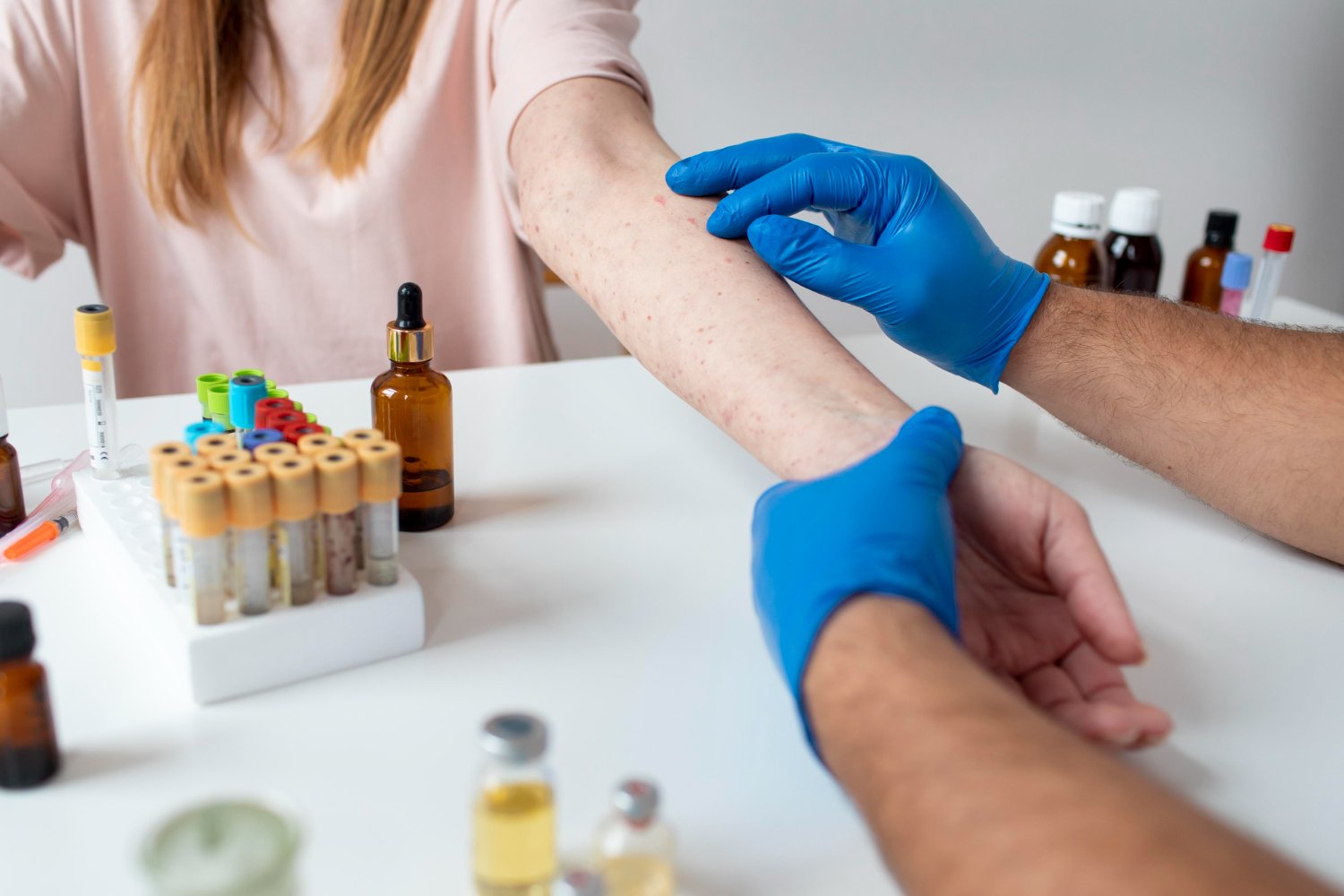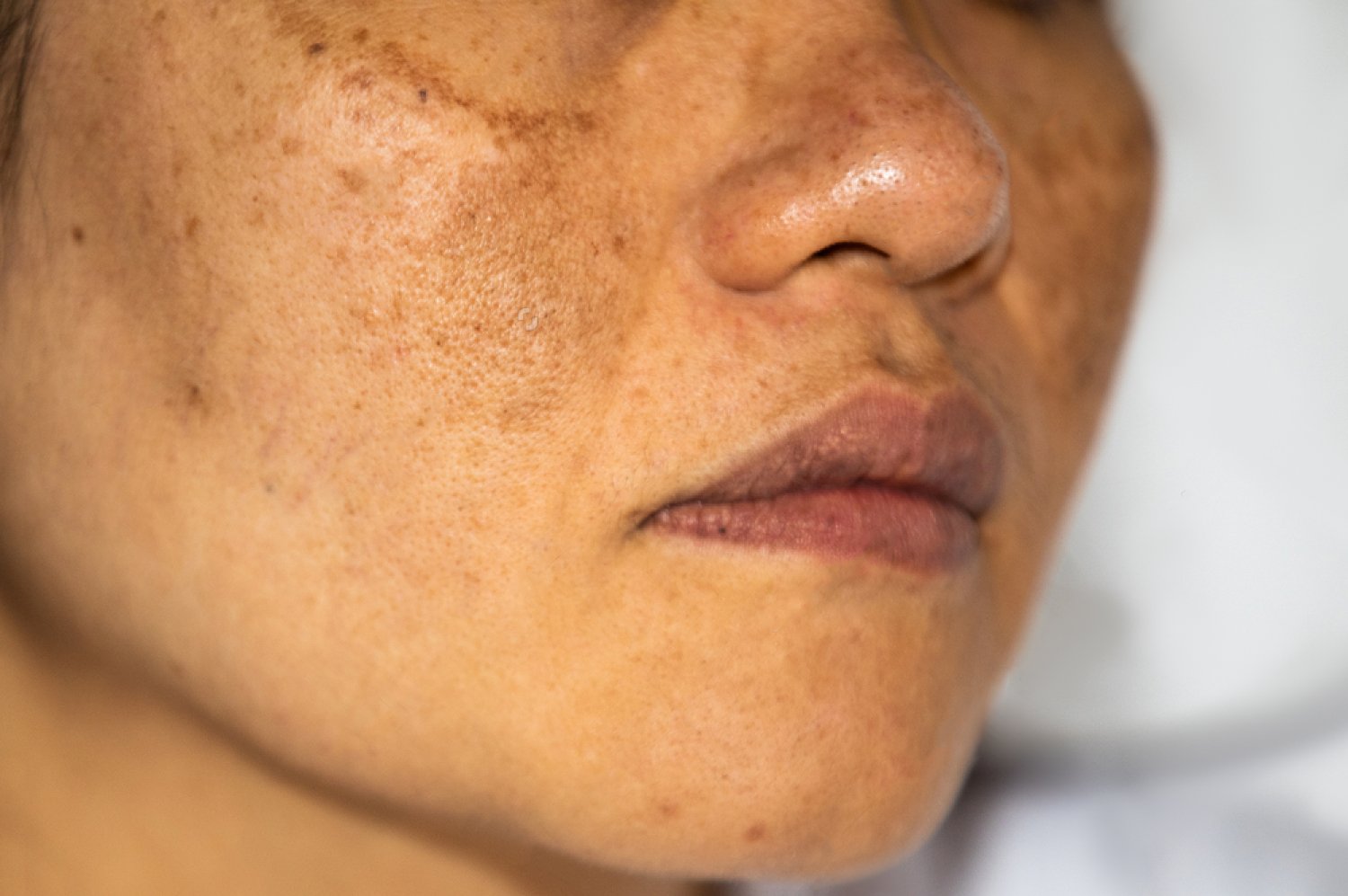Allergies occur when your immune system reacts to a foreign substance, such as pollen, pet dander, or dust mites. While these substances are generally harmless, your body’s response can cause a variety of symptoms, ranging from mild to severe. Common symptoms include sneezing, itchy or watery eyes, runny or stuffy nose, skin rashes, and difficulty breathing. These symptoms can vary in intensity and duration, making it challenging to predict and manage them effectively.
In some cases, allergies can lead to more serious conditions like asthma or anaphylaxis, a life-threatening reaction that requires immediate medical attention. Asthma, often triggered by allergens, can cause persistent coughing and wheezing, significantly impacting one’s ability to breathe. Anaphylaxis, on the other hand, demands urgent intervention as it can rapidly lead to respiratory failure. Understanding these potential complications highlights the importance of identifying and managing allergies proactively. The emotional impact of living with allergies is equally significant, as the fear of unexpected reactions can lead to anxiety and stress, affecting mental health.
The Importance of Allergy Testing
Identifying the specific allergens causing your symptoms is the first step in managing your allergies effectively. Allergy testing provides crucial insights that help medical professionals create personalized treatment plans tailored to your unique needs. By accurately identifying the allergens, you can avoid unnecessary exposure and reduce the frequency of allergic reactions, leading to improved overall health and well-being.
Types of Allergy Tests
There are several methods to test for allergies, each with its own benefits:
- Skin Prick Test: This common method involves placing a small amount of allergen on your skin, usually on the forearm or back. A tiny needle gently pricks the skin, allowing the allergen to enter the surface. If you are allergic, a small red bump will appear, indicating a positive reaction. This test is quick and provides immediate results, making it a popular choice for initial allergy assessments.
- Blood Test: Sometimes, a blood test is used to measure the presence of specific antibodies produced in response to allergens. This test is useful for individuals who cannot undergo skin testing due to skin conditions or medications. Blood tests can offer a comprehensive overview of potential allergens and are especially advantageous for those with sensitive skin or a history of severe reactions.
- Patch Test: This test helps identify allergens that cause contact dermatitis, a type of skin reaction. Patches containing allergens are applied to the skin and left in place for 48 hours before being evaluated. Patch tests are particularly beneficial for individuals experiencing unexplained rashes or skin irritations, providing insights into contact-related allergies.
- Intradermal Test: This involves injecting a small amount of allergen just below the skin’s surface. It’s more sensitive than a skin prick test and is used when other tests are inconclusive. Intradermal tests are often employed in cases where more precise identification of allergens is necessary, offering a deeper understanding of the body’s allergic response.
Personalized Allergy Testing in Acworth
In Acworth, allergy testing is more accessible and personalized than ever before. By choosing a local medical doctor in Acworth specializing in allergy testing, you benefit from an approach that considers regional environmental factors and personal health history. This personalized care ensures that your treatment plan is both effective and sustainable, addressing the root causes of your allergies rather than just managing symptoms.
Expert Guidance
Local doctors are familiar with the environmental factors and common allergens in the Acworth area. This expertise enables them to offer tailored advice and solutions that consider your specific lifestyle and surroundings. With a deep understanding of local pollen patterns and common household allergens, these professionals can provide targeted strategies that significantly reduce allergic reactions.
Comprehensive Testing Options
Acworth medical professionals offer a range of testing options to accommodate different needs and preferences. Whether you opt for skin tests, blood tests, or patch tests, the goal is to accurately identify the allergens affecting you. This comprehensive approach ensures that no potential allergen is overlooked, providing a complete picture of your allergic profile and guiding effective interventions.
Personalized Treatment Plans
Once your allergens are identified, your doctor will work with you to develop a personalized treatment plan. This may include avoidance strategies, medications, and immunotherapy.
- Avoidance Strategies: Learning how to minimize exposure to allergens in your home and work environments. Simple changes, such as using air purifiers or keeping windows closed during high pollen seasons, can make a significant difference in symptom management.
- Medications: Over-the-counter or prescription medications to manage symptoms. Antihistamines, decongestants, and nasal corticosteroids are commonly used to alleviate immediate discomfort and prevent symptoms from escalating.
- Immunotherapy: Allergy shots or sublingual tablets that gradually desensitize your immune system to specific allergens. This long-term treatment approach aims to reduce sensitivity over time, potentially leading to a significant decrease in allergic reactions.
Ongoing Support and Education
Managing allergies is an ongoing process. Acworth healthcare providers offer continued support and education, ensuring you stay informed about the latest treatments and strategies for living allergy-free. Regular check-ins and updates on new research or products can help you maintain an effective allergy management plan. This ongoing support fosters a collaborative relationship between you and your healthcare provider, empowering you to take control of your allergies with confidence.
Benefits of Localized Allergy Testing
Choosing allergy testing in Acworth comes with several advantages:
- Convenience: With local services, you can easily schedule appointments and follow-ups without traveling far from home. This accessibility encourages consistent monitoring and timely adjustments to your treatment plan, enhancing its effectiveness.
- Community Connection: Local doctors understand the unique challenges and allergens present in the Acworth area, providing more effective and relevant care. Their familiarity with regional allergens allows them to offer practical advice that resonates with the community’s specific needs and concerns.
- Comprehensive Care: Access to a network of specialists ensures you receive comprehensive care tailored to your needs. From initial testing to ongoing management and support, local healthcare providers offer a seamless and integrated approach to allergy care.
Preparing for Your Allergy Test
Before undergoing allergy testing, there are a few steps you can take to ensure accurate results:
- Consult with Your Doctor: Discuss your symptoms, medical history, and any medications you are currently taking. Certain medications may need to be paused before testing. This discussion helps your doctor choose the most appropriate tests and ensures that your testing process is as smooth and effective as possible.
- Avoid Antihistamines: These can interfere with test results and should be avoided for a period before testing, as advised by your doctor. Understanding the specific timeframe for discontinuing medications is crucial for obtaining accurate and reliable test outcomes.
- Wear Comfortable Clothing: Especially if you’re undergoing a skin test, wear clothing that allows easy access to your arms or back. This simple preparation step can make the testing process more comfortable and efficient, minimizing any potential discomfort during the procedure.
After Your Allergy Test
Once your allergy test is complete, your doctor will review the results with you and discuss the next steps. This may include developing a treatment plan based on your specific allergens and receiving education and resources on how to avoid triggers and manage symptoms effectively.
- Developing a Treatment Plan: Your doctor will recommend a course of action to manage your symptoms, tailored to your unique allergen profile. This personalized plan ensures that you receive the most effective interventions to reduce symptoms and improve your quality of life.
- Education and Resources: You’ll receive information on how to avoid triggers and manage symptoms effectively. This includes practical tips and strategies that empower you to take control of your allergies and minimize their impact on your daily life.
- Follow-Up Appointments: Regular check-ins ensure your treatment plan is working and allows for adjustments as needed. These appointments provide an opportunity to discuss any changes in your symptoms and make necessary modifications to your treatment strategy, ensuring continued success in managing your allergies.
Conclusion
Allergies can be a daily hurdle, but with personalized allergy testing solutions available in Acworth, relief is within reach. By identifying your specific allergens and working with a local medical doctor, you can develop a tailored treatment plan that helps you breathe easier every day. Don’t let allergies control your life—take control with expert guidance and effective solutions right here in Acworth. Embrace the opportunity to improve your quality of life and enjoy the benefits of living allergy-free, supported by a community of dedicated healthcare professionals committed to your well-being.
















Leave a Reply